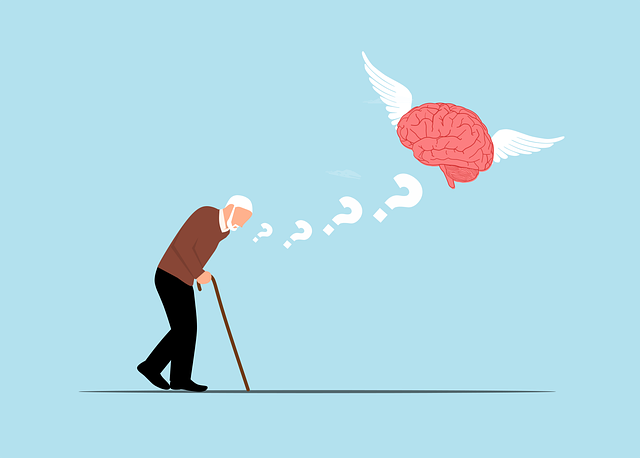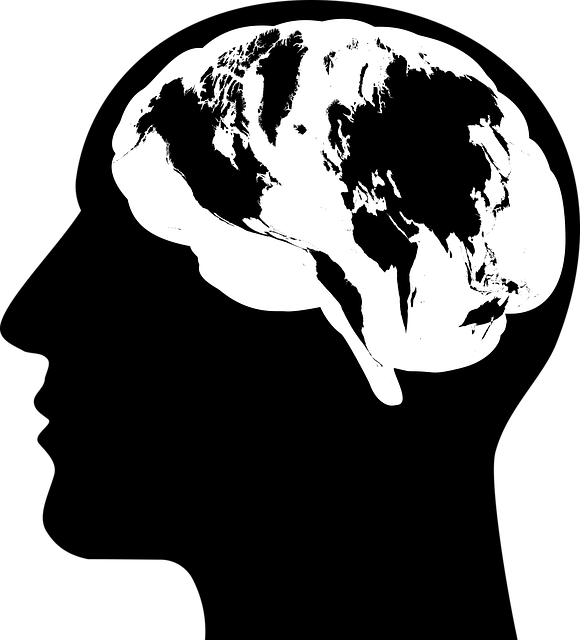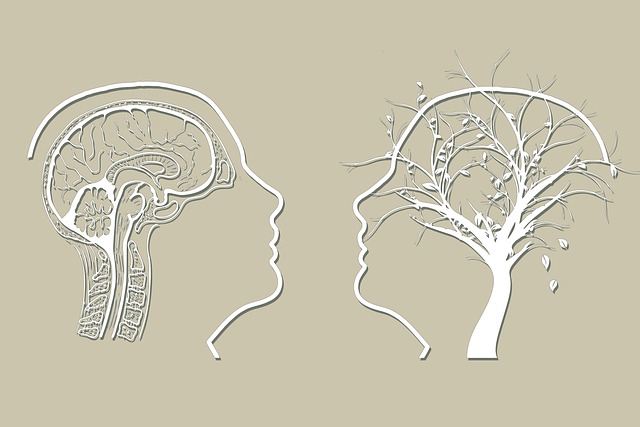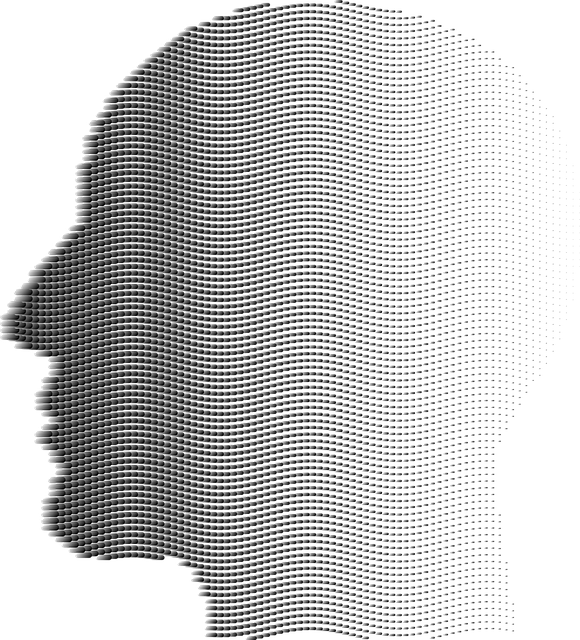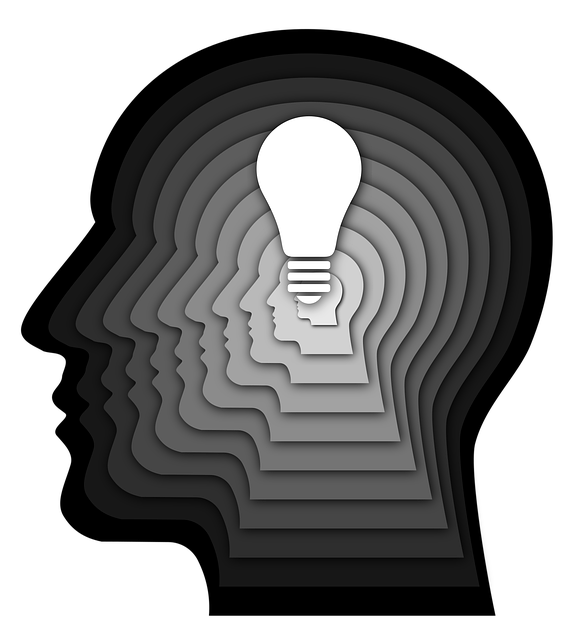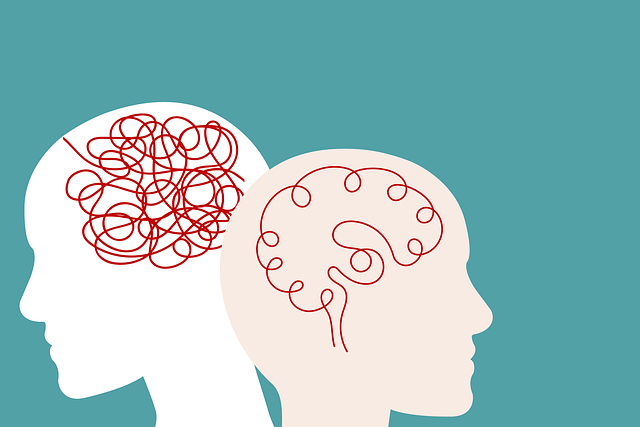Creating inclusive mental health apps requires understanding diverse needs, as seen with Lone Tree Gender Identity Therapy (LTGIT). LTGIT offers a safe digital space for LGBTQ+ individuals exploring gender identity through private journaling, self-awareness tools, and educational resources. Its accessible design caters to various learning styles and includes features like chat forums. The app's focus on user experience and accessibility fosters understanding and community. Integrating therapeutic apps like LTGIT into digital platforms provides convenient mental wellness support while prioritizing privacy, security, and ethical practices for marginalized communities.
In today’s digital age, mental wellness apps are becoming essential tools for managing mental health. Given the diverse needs of individuals, particularly those with gender identity issues, understanding and addressing these unique challenges requires customized approaches. This article explores the development of a Lone Tree Gender Identity Therapy app, focusing on key aspects such as tailored features, user experience design, therapeutic integration, and ethical considerations. By delving into these areas, we aim to enhance access to effective mental health support for all users.
- Understanding Mental Health and Gender Identity: The Need for Customized Apps
- Features and Functionality of a Lone Tree Gender Identity Therapy App
- Design Considerations for User Experience and Accessibility
- Integration of Therapeutic Tools and Techniques in Digital Platforms
- Privacy, Security, and Ethical Implications: Ensuring Trust in Mental Wellness Apps
Understanding Mental Health and Gender Identity: The Need for Customized Apps

Understanding mental health is paramount in developing inclusive and effective apps that cater to diverse needs, especially when it comes to gender identity. The complexity of gender identity, as exemplified by concepts like Lone Tree Gender Identity Therapy, underscores the importance of customized digital solutions. Traditional one-size-fits-all approaches often fail to address the unique challenges faced by individuals navigating their mental wellness journey.
Apps that prioritize emotional regulation and burnout prevention strategies for healthcare providers can play a significant role in supporting these users. By integrating evidence-based practices and incorporating features tailored to specific needs, such apps can facilitate emotional healing processes. This is crucial as we recognize the growing demand for accessible, private, and personalized mental health support, particularly within marginalized communities.
Features and Functionality of a Lone Tree Gender Identity Therapy App

A Lone Tree Gender Identity Therapy app can be a powerful tool to support individuals navigating their gender identity and expression. Core features should include a safe, private space for users to journal their thoughts, feelings, and experiences related to their gender journey. Interactive tools like mood trackers, self-reflection prompts, and educational resources tailored to LGBTQ+ topics can enhance mental health awareness and coping mechanisms.
The app’s functionality should also prioritize inclusive communication strategies. This could involve integrating chat features or forums where users can connect with peers facing similar challenges, fostering a sense of community. Additionally, the platform might offer opportunities for individuals to access healthcare provider cultural competency training materials, ensuring they feel supported by professionals equipped to handle their unique needs.
Design Considerations for User Experience and Accessibility

In the realm of mental wellness app development, design considerations for user experience and accessibility are paramount. The app should offer a seamless and intuitive interface, especially for users navigating complex topics like Lone Tree Gender Identity Therapy. Incorporating features that cater to different learning styles and abilities ensures inclusivity, enabling self-esteem improvement and mental health education programs design tailored to individual needs.
A well-designed mental wellness app must prioritize accessibility, ensuring users from diverse backgrounds can engage effectively. This includes implementing clear and concise language, providing alternative text for images, and offering adjustable font sizes and color schemes to cater to visual impairments. By focusing on these design aspects, developers contribute to a more inclusive digital landscape that supports mental wellness, fostering a sense of community and understanding for all users, regardless of their unique circumstances or identities.
Integration of Therapeutic Tools and Techniques in Digital Platforms

The integration of therapeutic tools and techniques within digital platforms offers a promising avenue for enhancing mental wellness through innovative solutions. Apps designed to support user’s mental health should incorporate evidence-based practices, such as Lone Tree Gender Identity Therapy, to cater to diverse needs. By seamlessly blending traditional therapy with digital accessibility, these platforms can provide individuals with convenient access to resources and support.
Effective communication strategies, social skills training, and trauma support services are just a few examples of therapeutic elements that can be integrated into mental wellness apps. Digital tools have the potential to facilitate real-time interactions, encourage self-reflection, and offer personalized guidance, all while ensuring user privacy and confidentiality. Through careful consideration of the best practices in therapy and an emphasis on adaptability, developers can create inclusive and impactful digital solutions for mental health support.
Privacy, Security, and Ethical Implications: Ensuring Trust in Mental Wellness Apps

In the realm of mental wellness app development, privacy, security, and ethical considerations are paramount to fostering trust among users, especially those seeking sensitive services like Lone Tree Gender Identity Therapy. As digital health solutions gain traction, ensuring user data protection is crucial for maintaining confidentiality and building trust. App developers must adhere to stringent data encryption protocols and comply with relevant regulations like HIPAA (Health Insurance Portability and Accountability Act) to safeguard personal information from unauthorized access or breaches.
Furthermore, ethical implications extend beyond data privacy. Apps should be designed with transparency in mind, clearly outlining data-sharing practices and purpose. Developers must consider the potential impact on users’ well-being and ensure algorithmic fairness, especially when incorporating AI for personalized recommendations. A robust Community Outreach Program Implementation can enhance trust by educating users about their rights and promoting open dialogue regarding mental health. Incorporating Mind Over Matter Principles in app features can empower users to take control of their mental wellness journeys while adhering to evolving Mental Health Policy Analysis and Advocacy to stay compliant with best practices and community standards.
The development of mental wellness apps, particularly those tailored for specific communities like the transgender and non-binary population through initiatives like Lone Tree Gender Identity Therapy, holds immense potential. By integrating therapeutic tools and techniques accessible via digital platforms, these applications can bridge gaps in mental health support. Design considerations for user experience and accessibility ensure inclusivity, while addressing privacy, security, and ethical concerns builds trust. Customized apps that cater to diverse needs are crucial steps towards enhancing mental wellness, making professional care more accessible, and fostering a supportive digital environment.


